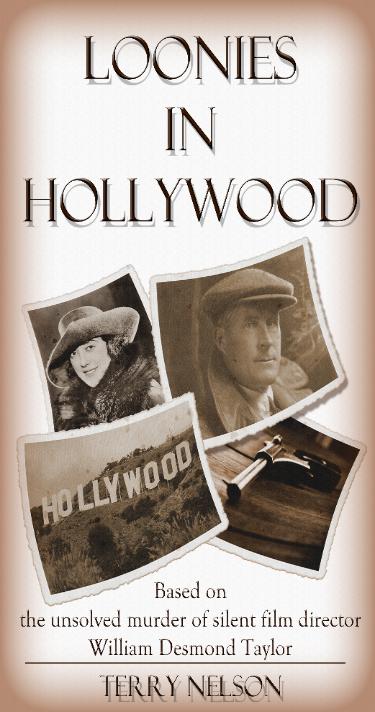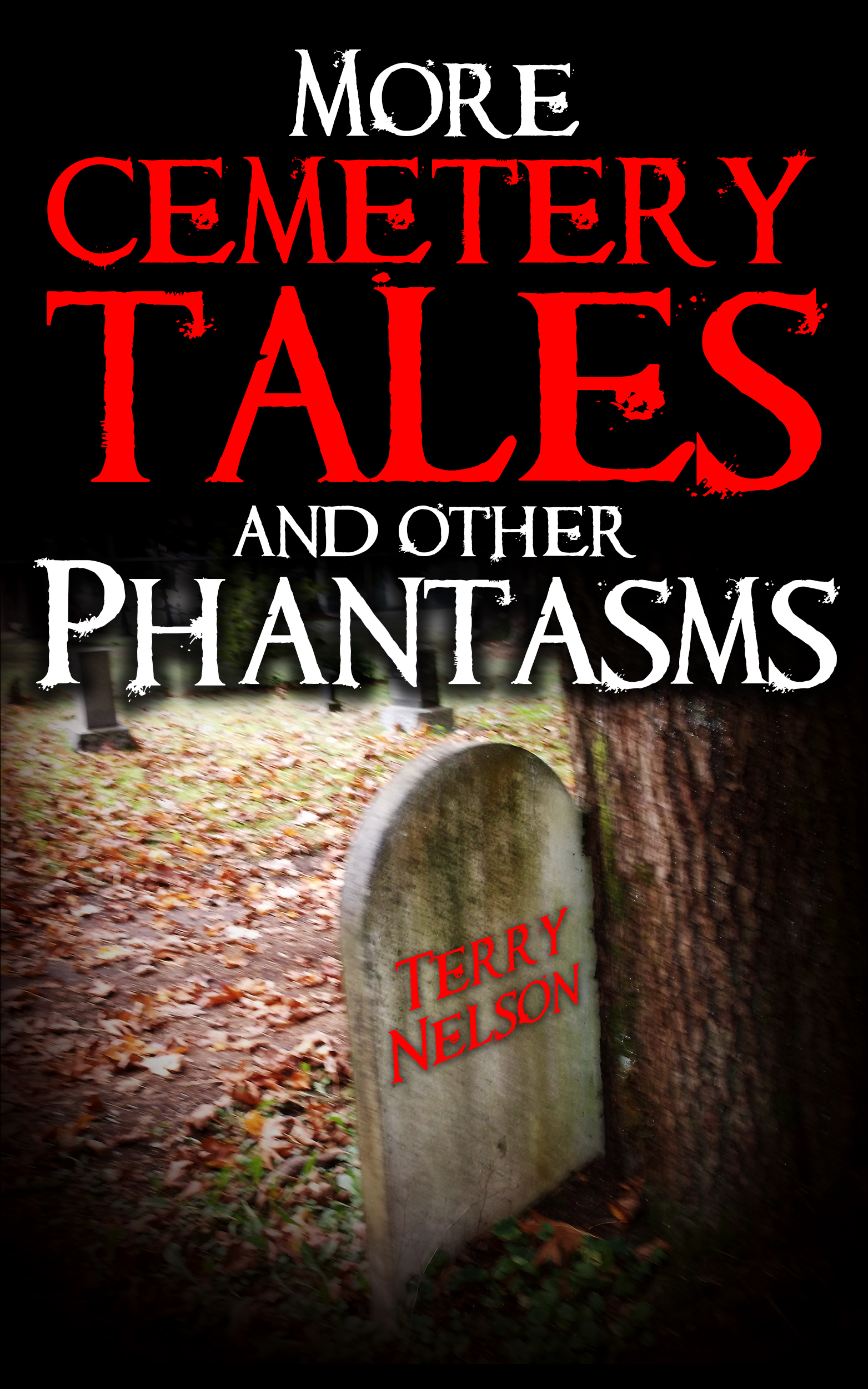Loonies in the Dugout is my novel about Charlie Faust, a man who believed he could pitch the New York Giants to a pennant in 1911. The problem was he was not a baseball player, let alone a pitcher, yet he did end up pitching with the Giants during the season. The story is baseball fiction, a coming-of-age novel centering on Chet Koski, a fictional pitcher with the Giants, as well as a satire on celebrity and fame. Here is an excerpt from the novel. It is an e-book available on Amazon.
“My name is Charles Victor Faust, Mr. McGraw, and I am here because a fortune teller in Wichita, Kansas, a woman of uncommon insight into a mans destiny and whose integrity and honesty is beyond approach told me I was going to be a pitching star and help the New York Giants win the National League pennant. She was right sure about it. She was positive as the sun is hot. So better sign me up and give me a uniform for I am ready today if you need me.”
Faust, who must have been 6’ 3” or so, was squinting down at McGraw with a goofy looking, harmless smile which showed a gap between a couple of teeth and McGraw, who stood all of 5’7”, was looking up at Faust, but not with a smile. McGraw’s nickname should have been “Laughing Johnny.” The Devil was in his eyes.
There was stillness, a disarming quiet during the pause while they eyed each other that drowned out all noise.
In his high pitched, sharp and piercing Irish voice, McGraw asked “What do you mean she was beyond approach? Do you mean beyond reproach?”
“Huh.” The loon looked befuddled.
“You did approach her didn’t you?”
“I did not touch her at all. I was a perfect gentleman.”
“I am sure you were. Do you mean to say she was an honest woman?”
“Absolutely she was.”
“How much did she charge you for this great insight into your future?”
“Mr. McGraw, no price is too high when your future is laid open to you and you can follow your destiny.”
“Give me the ball and your glove Koski,” barked McGraw. He gave Faust my glove, handed him the ball and told him to go the pitching box and get ready to throw. Muggsy went behind home plate and took the catchers glove from our star catcher, Chief Meyers, squatted down, and yelled out to Faust to throw a hard one.
So Mr. Charles Victory Faust, a man of about thirty or thirty-three by my estimate, dressed in his scruffy dark suit and still wearing his derby, stood in the pitchers box and leaned back with his right foot on the rubber, the right knee bent at an angle, his left leg straight, and his arms tight across his chest. Bringing both arms up over his head, his right arm went into a whirlwind motion, going round and round, his left arm pointing straight up to the heavens. His right arm continued whirling and whirling, faster and faster, then he finally brings both arms together while still over his head, leaned forward and with great thoughtfulness stepped stiffly forward with his left foot-I tell you the look on his face reminded me of a hunting dog who just got the scent-and threw the ball straight overhand. Weirdest motion I ever did see.
The ball took as long to get to McGraw as the train does from New York to St. Louis. It bounced in front of the plate, about a foot or so to the left, skipping by McGraw.
“Again!” yelled Muggsy. Meyers picked up the ball which had rolled slowly towards the stands and threw it to Faust. Amazingly, to everyone I am sure, Charley caught the ball.
Well, Charley goes into his loon whirlwind motion and once again let’s loose a pitch so slow you could count the stitches on the ball. He must have thrown about a dozen pitches and to his credit, some of the throws were actually getting close to the plate.
McGraw stood up and yelled at Charley to grab a bat as he wanted so see how he hit. As Faust loped towards home plate, McGraw went to the pitching rubber and called over Laughing Larry, Buck Herzog, our third baseman, Art Fletcher, our short stop, and Fred Merkle our first baseman. I had a feeling something was afoot.
McGraw asked if Charley was ready. He was standing to the right of home plate, the bat on his shoulder. He announced he was ready for action. So McGraw laid one in belt high and down the middle of the plate; a pitch any professional hitter, who standing in the box, would have swatted to the far reaches of the outfield. Charley swung at the ball, his body all twisted like a rung out mop. But he hit the damn ball. It did not reach the outfield though, as the bat just caught a slight piece of the ball and it bounced a couple of times towards McGraw who came in to pick it up.
The bugs-that was what we call baseball enthusiasts who come to the games- always showed up early, sometimes as much as two, three hours, and now they were getting into the fun, yelling for the loon to run and run he did. McGraw waited for Charley to get close to first, then threw the ball past Merkle, who chased it down as Charley slid awkwardly into first, if slide is the correct word. Everybody was yelling for him to run to second, so he got up and started to run. Merkle threw to Doyle who was perched on second. As the disheveled loon came towards the bag, Laughing Larry yelled, “Slide! Slide! Slide!” And Charley did. Well as any loon could slide. He lumbered in and sort of fell sideways rolling over and over, his head tucked into his chest, as he crossed the bag. The ball sailed past Doyle, who yelled, “Run! Run!”
Charley got up and headed towards third as Fletcher got the ball and threw to Herzog. Charley went into his rolling slide, nearly knocking over Buck, who missed the ball. After getting up Charley ran with a loping gait towards the plate, yelling “Yippity, yippity, yip, yap… yuppity, yuppity, yippity” and this time did not roll into home plate, but dove feet first as Meyers jumped out of the way. Charley bounced once, then skidded more than slid, ending up in a sitting position, his legs pinned underneath him like a pretzel. He was short of home plate by three feet.
The bugs were whooping and hollering. When Charley got up, his Sunday suit was not fit for service. The trousers had large holes in both knees, there was a big split through the crotch and his jacket was torn at the seams below both armpits. Merkle brought Charley’s derby, which had flown off in his attempted slide at first. Somehow there was a big dent in the top of the derby which gave Merkle a great laugh.
McGraw and the boys had their fun, the bugs were entertained, and Charley was still smiling.





